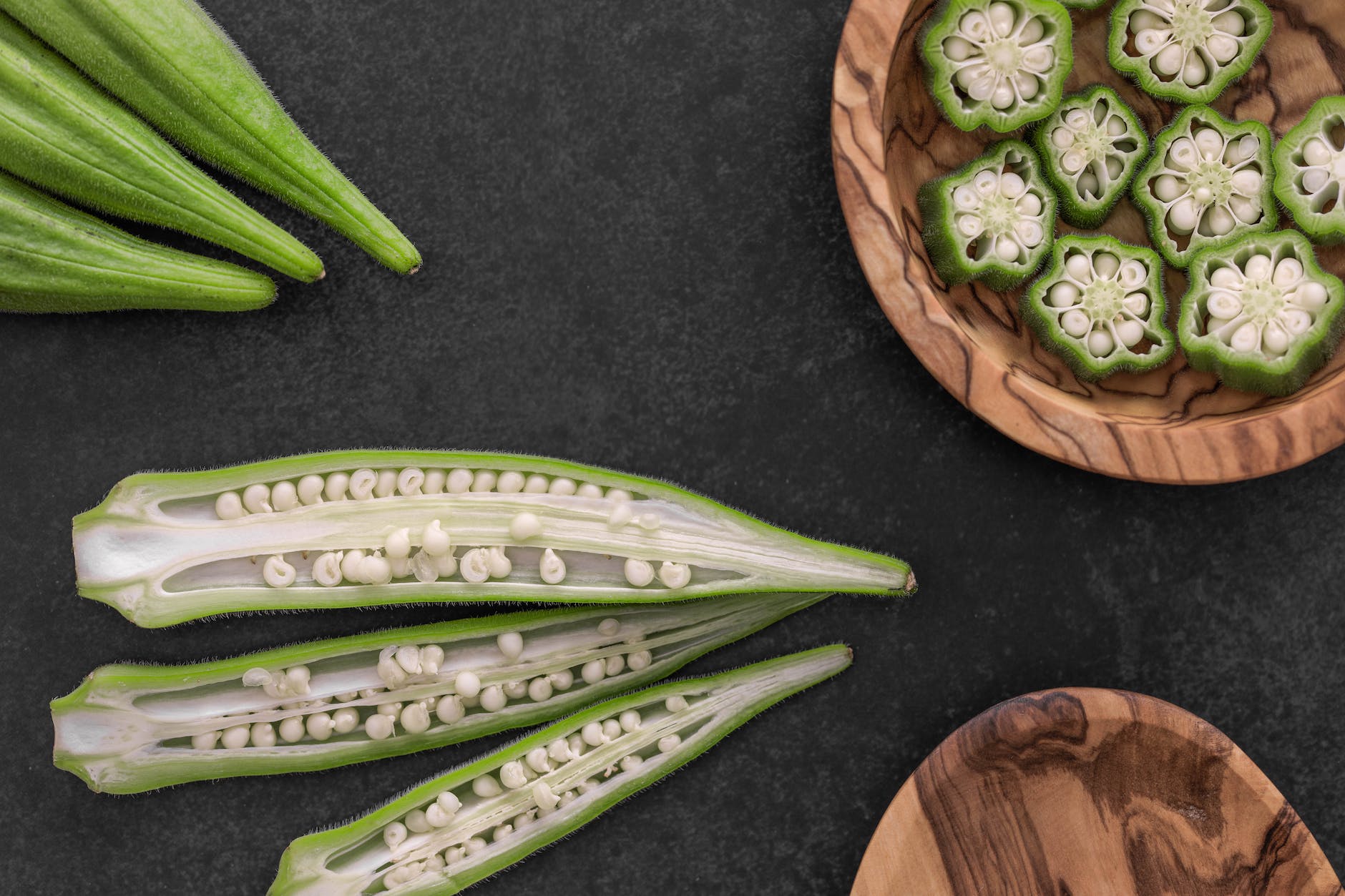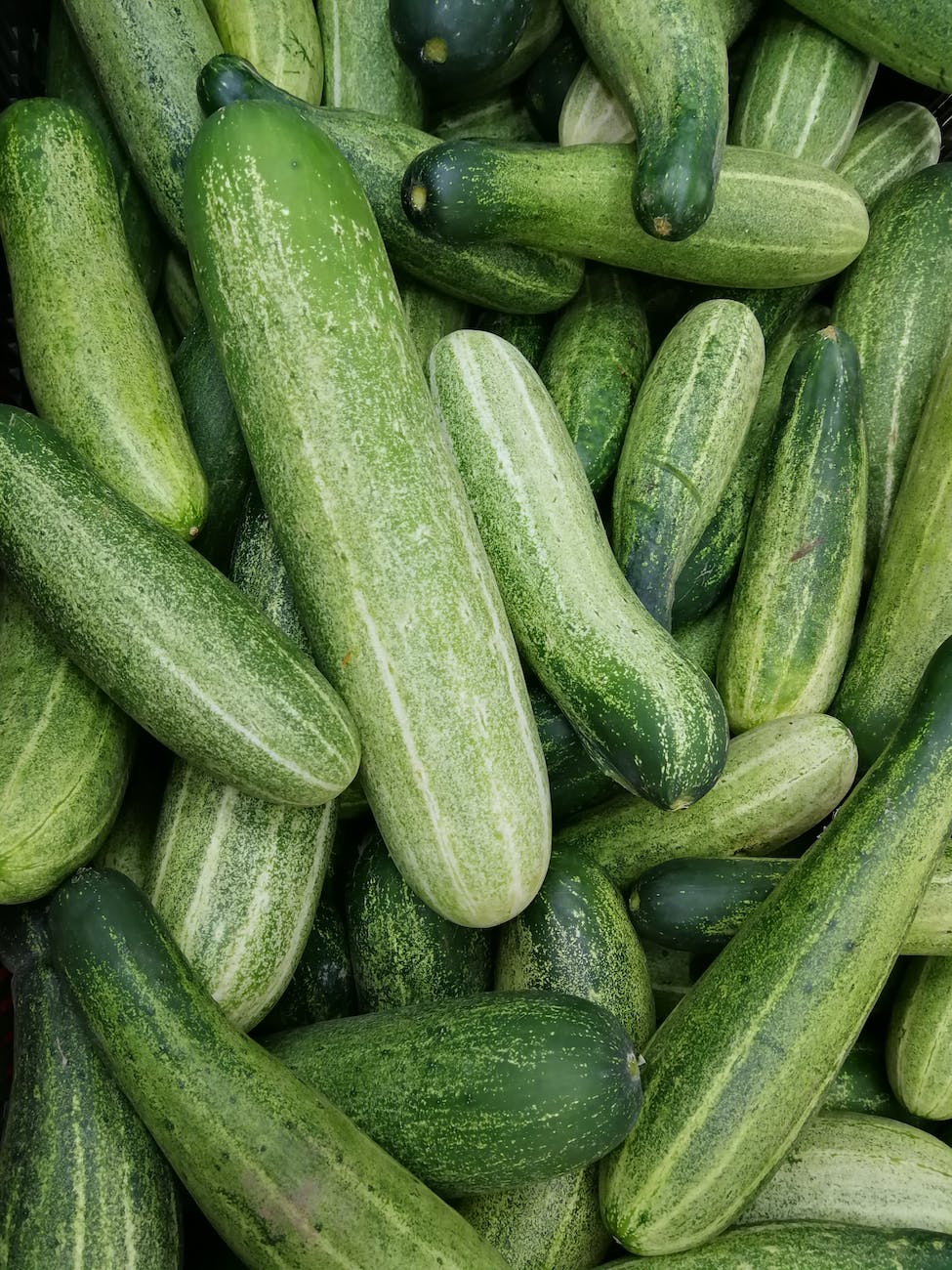
Welcome to the fascinating world of broccoli sprouts! These tiny, but mighty sprouts are not only packed with essential nutrients but are also easy to grow in the comfort of your own home. In this comprehensive guide, we will delve into the numerous health benefits of broccoli sprouts, provide a step-by-step guide on how to cultivate them, and share some delicious recipes that will make this superfood a delightful addition to your meals. So, let’s get started on this journey to better health and wellness!
Unleashing the Power of Broccoli Sprouts
Broccoli sprouts are the three to four-day-old immature broccoli plants that resemble alfalfa sprouts but taste like radishes. Despite their small size, they are a nutritional powerhouse, boasting a high concentration of sulforaphane, a compound renowned for its potential health benefits.
Sulforaphane: The Star Compound
Sulforaphane is a potent antioxidant and anti-inflammatory compound that has been extensively studied for its health-promoting properties. It is formed when the enzyme myrosinase transforms glucoraphanin, a compound found in cruciferous vegetables like broccoli, into sulforaphane upon damage to the plant (such as from chewing).
Health Benefits of Sulforaphane
The health benefits of sulforaphane are vast and varied. Here are some key benefits:
- Cancer Prevention: Sulforaphane has been shown to have powerful anti-cancer properties. It works by enhancing the body’s detoxification enzymes and protecting the cells from DNA damage. It also inhibits the growth and proliferation of cancer cells and induces apoptosis (cell death) in cancerous cells.
- Heart Health: Sulforaphane can help to reduce high blood pressure and improve heart health. It works by improving blood vessel function and reducing inflammation, which are key factors in preventing heart disease.
- Brain Health: Sulforaphane has neuroprotective effects and can help to improve brain health. It has been shown to have potential benefits in a range of neurological conditions, including autism, neurodegenerative diseases, and brain injuries.
- Gut Health: Sulforaphane can help to protect the gut lining, preventing leaky gut syndrome. It also has antimicrobial properties that can help to balance the gut microbiota.
- Skin Health: Sulforaphane can protect the skin from UV radiation damage, reducing inflammation and redness. It can also help to repair skin damage and is being studied for its potential benefits in skin diseases like psoriasis and skin cancer.
- Combating H. pylori Infections: Sulforaphane has been shown to be effective in eradicating Helicobacter pylori, a bacterium that causes stomach ulcers and is a major risk factor for stomach cancer.
Growing Your Own Broccoli Sprouts
One of the best things about broccoli sprouts is that they are incredibly easy to grow at home. All you need are some broccoli seeds, a sprouting jar or tray, and a little bit of patience. Here’s a simple guide to get you started:
- Choose Organic Broccoli Seeds: Start with high-quality, organic broccoli seeds. These are readily available online or at your local garden store. Organic seeds are free from pesticides and other chemicals, ensuring that your sprouts are as healthy as possible.
- Soak the Seeds: Place a tablespoon of seeds in a jar and cover with a few inches of water. Let them soak for 6-12 hours (or overnight).
- Rinse and Drain: After soaking, drain the water from the jar, rinse the seeds under running water, and drain again. It’s important to remove any remaining hulls or hard seed coats.
- Sprout the Seeds: Place the jar in a warm, dark place. Rinse and drain the seeds twice a day to keep them moist but not waterlogged.
- Harvest Your Sprouts: After about 5-7 days, your sprouts should be ready to harvest. They should be about 1-2 inches long and have yellow or light green leaves. Once they’re ready, give them a final rinse, drain, and let them dry before storing them in the refrigerator.
- Troubleshooting: If you notice a foul smell or mold growth, it means your sprouts have spoiled, and you should discard them. Always ensure your sprouting jar is clean, and your seeds are rinsed regularly to prevent spoilage.
From Garden to Table: How to Eat Broccoli Sprouts
Now that you’ve grown your sprouts, the next step is to incorporate them into your meals. Broccoli sprouts have a mild, slightly peppery flavor that can add a refreshing crunch to a variety of dishes. Here are some ideas:
- Juicing: One of the simplest ways to consume broccoli sprouts is to juice them. You can combine them with other vegetables like carrots, celery, and cucumber for a nutrient-packed drink.
- Smoothies: Add a handful of broccoli sprouts to your favorite smoothie. They blend well with fruits like bananas, apples, and berries, adding a nutrient boost without changing the flavor much.
- Salads: Sprinkle broccoli sprouts on top of your salads for a crunchy texture and a nutritional upgrade.
- Sandwiches and Wraps: Add broccoli sprouts to your sandwiches and wraps. They pair well with a variety of ingredients, from avocado and hummus to turkey and cheese.
- Stir-fries: Sauté broccoli sprouts with other vegetables and your choice of protein for a quick and healthy stir-fry.
- Fermented Foods: Fermenting broccoli sprouts can increase their health benefits even further. You can add them to homemade sauerkraut or kimchi, or ferment them on their own.
Buying Guide: Broccoli Sprouts and Seeds
If growing your own sprouts isn’t for you, don’t worry! There are plenty of options for buying fresh, organic broccoli sprouts and seeds. Here’s what to look for:
- Freshness: Look for sprouts that are bright green and crisp. Avoid those that are yellow, brown, or slimy.
- Organic: Choose organic sprouts and seeds whenever possible. They’re free from harmful pesticides and are often more nutrient-dense.
- Reputable Sellers: Buy from reputable sellers to ensure you’re getting high-quality sprouts and seeds. Check reviews and ratings before making a purchase.
- Local Stores: Many health food stores and supermarkets carry fresh broccoli sprouts. You can also check farmers’ markets and specialty stores.
- Online: There are many online retailers that sell broccoli sprouts and seeds. This can be a convenient option, especially if you’re buying in bulk.
Frequently Asked Questions (FAQs)
1. What are broccoli sprouts? Broccoli sprouts are the three to four-day-old immature broccoli plants that resemble alfalfa sprouts but taste like radishes.
2. Why are broccoli sprouts good for you? Broccoli sprouts are packed with nutrients, including a compound called sulforaphane, which has been shown to have numerous health benefits, including cancer prevention, heart health, brain health, gut health, and skin health.
3. How do you grow broccoli sprouts at home? Growing broccoli sprouts at home is easy. All you need are some broccoli seeds, a sprouting jar or tray, and a little bit of patience. Soak the seeds, rinse and drain them, and then let them sprout in a warm, dark place.
4. How do you eat broccoli sprouts? Broccoli sprouts can be eaten raw or cooked. They can be added to salads, sandwiches, stir-fries, smoothies, or even juiced.
5. Where can I buy broccoli sprouts and seeds? You can buy broccoli sprouts and seeds at health food stores, supermarkets, farmers’ markets, and online. Always choose fresh, organic products from reputable sellers.
6. Can I eat broccoli sprouts every day? Yes, you can eat broccoli sprouts every day. They are a healthy addition to your diet and can be consumed in a variety of ways.
7. How long do broccoli sprouts last? Fresh broccoli sprouts can last up to two weeks in the refrigerator. Always store them in a sealed container to keep them fresh.
8. What are the benefits of broccoli sprouts? Broccoli sprouts are rich in nutrients, including a compound called sulforaphane, which has numerous health benefits. These include cancer prevention, heart health, brain health, gut health, and skin health. They also have antioxidant and anti-inflammatory properties.
9. How do you make broccoli sprouts? To make broccoli sprouts, you need to soak broccoli seeds in water, rinse and drain them, and then let them sprout in a warm, dark place. After about 5-7 days, the sprouts should be ready to harvest.
10. Is it safe to grow broccoli sprouts at home? Yes, it is safe to grow broccoli sprouts at home. Just make sure to use organic seeds, keep your sprouting jar or tray clean, and rinse the seeds regularly to prevent spoilage.
11. When should you not eat broccoli sprouts? You should not eat broccoli sprouts if they have a foul smell, show signs of mold growth, or have turned yellow or brown. These are signs of spoilage.
12. Is it safe to eat broccoli sprout seeds? Yes, it is safe to eat broccoli sprout seeds. However, they are usually sprouted before eating to increase their nutrient content and make them easier to digest.
13. Does cooking broccoli sprouts destroy nutrients? Cooking can reduce the nutrient content of broccoli sprouts, especially their sulforaphane content. To preserve their nutrients, it’s best to eat them raw or lightly steamed.
14. Should I wash my broccoli sprouts? Yes, you should wash your broccoli sprouts before eating them to remove any dirt or bacteria. However, make sure to dry them thoroughly to prevent spoilage.
15. Are broccoli sprouts good for skin? Yes, broccoli sprouts are good for the skin. They contain sulforaphane, which can protect the skin from UV radiation damage, reduce inflammation and redness, and help repair skin damage.
Conclusion
Broccoli sprouts are a fantastic addition to any diet. They’re packed with nutrients, easy to grow at home, and versatile in the kitchen. By incorporating these tiny but mighty sprouts into your meals, you’re taking a big step towards better health. So why wait? Start your broccoli sprout journey today and reap the benefits of this remarkable superfood!
Call to Action
Did you find our guide on broccoli sprouts helpful? Share it with your friends and family and spread the health! Don’t forget to leave a comment below with your favorite way to enjoy broccoli sprouts. Stay tuned for more health and wellness tips and guides!













